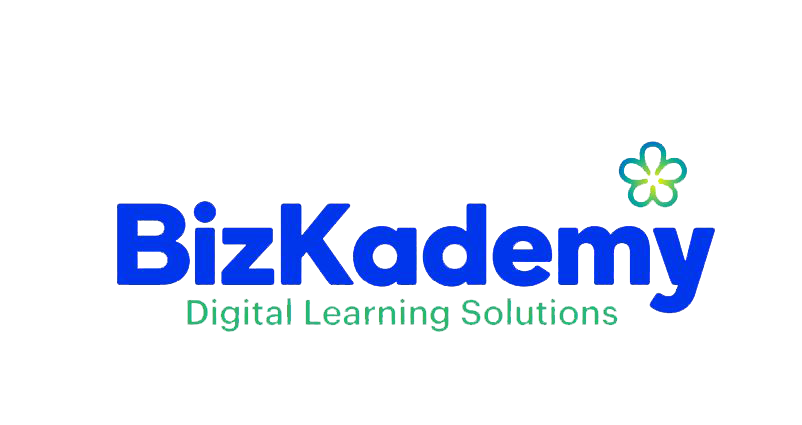In today’s fast-paced, technology-driven world, e-learning has become a vital part of education and professional development. Now, try to picture the year 2050—a world of artificial intelligence, virtual reality, and space tourism—without e-learning. Hard to imagine, isn’t it?
Let’s explore what a future without e-learning might look like and how it could impact education, businesses, and society.
A Step Back in Education
Without e-learning, education would revert to the confines of traditional classrooms. Imagine students in 2050 sitting in rigid classroom settings, relying on physical textbooks and chalkboards, while the rest of the world is bustling with technological marvels. The flexibility and accessibility that e-learning offers today—learning from anywhere, at any time—would be a distant memory.
Many who currently benefit from online education, such as working professionals, stay-at-home parents, or individuals in remote areas, would find it challenging to gain new skills or advance their careers. Without e-learning, opportunities would shrink, creating a divide between those who can access education in-person and those who cannot.

The Rise of Inequality
E-learning has democratized education, making it accessible to millions of people who wouldn’t otherwise have the opportunity. In a future without it, education could become a luxury for those who can afford in-person tuition or live in urban areas with access to schools and universities.
This would widen the gap between the rich and the poor, creating an even more unequal society where knowledge is reserved for the privileged few.
Professional Development at a Standstill
In 2050, industries will evolve at lightning speed, and professionals will need continuous upskilling to keep up. E-learning offers the flexibility and convenience to learn new skills on the go.
But without e-learning, workers would struggle to balance full-time jobs with classroom-based courses. This could lead to skill gaps in the workforce, with industries falling behind on the latest innovations and advancements. Companies that rely on e-learning for staff training and development, such as BizKademy, would find it harder to keep their teams competitive in a rapidly changing world.
Limited Global Collaboration
One of the greatest strengths of e-learning is its ability to connect learners and educators globally. Whether it’s a student in Pakistan attending a lecture by a professor in the U.S., or professionals from different continents participating in an international training session—e-learning fosters a global exchange of knowledge.
Without e-learning, this global collaboration would vanish. Cross-cultural exchanges, which help broaden perspectives and foster innovation, would diminish, leaving us with a world that is more isolated and less cooperative.

Environmental Setbacks
E-learning is not only convenient but also environmentally friendly. By eliminating the need for commuting, printed materials, and large campus infrastructures, e-learning significantly reduces our carbon footprint.
A world without e-learning in 2050 would mean more cars on the road, more paper waste, and larger campuses consuming energy. As we face an environmental crisis, e-learning’s role in sustainable education is more critical than ever.
Innovation Stagnation
Technological advancements in education, such as personalized learning algorithms, interactive simulations, and virtual classrooms, are powered by e-learning platforms. In 2050, the world will be full of immersive technologies, from AI tutors to virtual reality campuses, all designed to enhance learning experiences.
Without e-learning, the potential for innovation in education would slow down. Traditional learning methods could fail to keep pace with technological advancements, leading to outdated educational models that no longer serve the needs of the future workforce.
Conclusion: E-Learning is the Future
A world in 2050 without e-learning would be a step backward—less accessible, less collaborative, and less innovative. E-learning is more than just a convenience; it’s a necessary tool for a future where knowledge is constantly evolving, and the need for flexibility and adaptability is greater than ever.
As we move toward 2050, e-learning will play a crucial role in shaping how we educate, train, and connect with one another. So, let’s embrace it now and ensure that future generations benefit from a world where learning knows no bounds.





